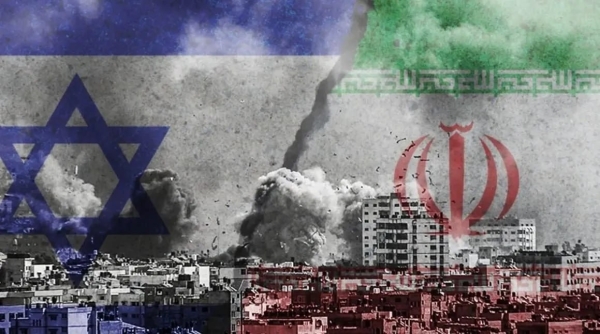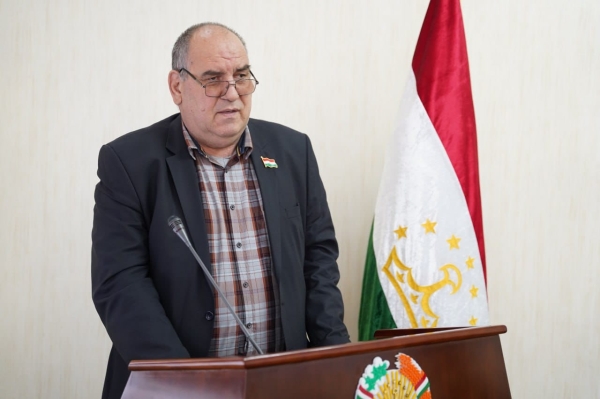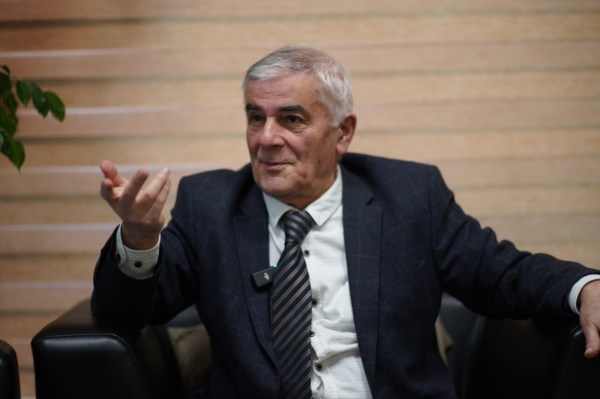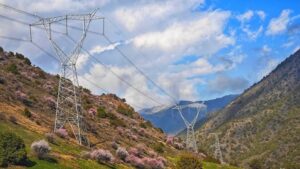
As the Israel-Iran conflict intensifies, experts weigh in on the real motives behind the war and the risks of a broader regional catastrophe.
The escalating conflict between Israel and Iran, which erupted on June 13 with a surprise Israeli attack, has entered its 11th day. Since then, Israel has carried out repeated strikes across Iranian cities using air raids and internal operatives. Iran has responded with missile attacks, demonstrating that Israel’s much-vaunted Iron Dome air defense system is not invulnerable.
The number of dead and injured continues to rise on both sides. Iranian officials report hundreds killed and thousands wounded, while Israel has acknowledged dozens of casualties and widespread injuries.
The United States has also entered the fray, reportedly dropping bombs on Iranian territory, although U.S. officials deny a formal declaration of war.
In Tajikistan, the conflict is being closely monitored. The government has condemned both the Israeli and U.S. strikes on Iran, while public sentiment is shaped by deep cultural, linguistic, and historical ties between Tajiks and Iranians.
Nuclear tensions: just a cover?
Israel has justified its military campaign by warning that Iran is on the brink of developing nuclear weapons — a claim echoed by Prime Minister Benjamin Netanyahu and U.S. President Donald Trump, both of whom support aggressive action in the region.
However, these warnings have persisted for decades without concrete evidence. Iran maintains that its nuclear program is peaceful, and the International Atomic Energy Agency (IAEA) has repeatedly confirmed that no proof of weapons development has been found.
According to Rahmatullo Abdulloyev, a Tajik expert on the Middle East, Israel’s true motives go far beyond nuclear fears.

Rahmatullo Abdulloyev
“The West cannot tolerate Iran’s independent role in regional affairs, especially its support for the oppressed people of Palestine,” he told Asia-Plus.
Former Tajik ambassador to Egypt Nazrullo Nazarov labeled Israel’s sudden attack a “cowardly act” that undermines long-standing efforts to negotiate Iran’s nuclear future.

Nazrullo Nazarov
He pointed out that the 2015 nuclear deal, signed under the Obama administration and later abandoned by Trump, was proof that diplomacy was possible.
Following the attack, Netanyahu openly called for regime change in Iran — a goal now echoed by Trump. Media outlets aligned with the Iranian opposition, including exiled members of the former royal family, have launched a propaganda campaign in favor of a new government in Tehran.
Iran stands alone — but not defenseless
With the U.S. and Western powers backing Israel, Tehran is largely isolated militarily. While Russia, Pakistan, and others have voiced diplomatic support, no country has committed to military assistance.
Still, Abdulloyev believes Iran is more than capable of defending itself:
“Unlike Syria and Iraq, Iran possesses significant economic and military resources. It can pose unprecedented challenges to its enemies.”
Nazarov agrees, emphasizing Iran’s political backing from Russia, China, and some Arab states, though he says broader Islamic solidarity is essential. Both experts warn that without a unified Arab-Iranian stance, Israel’s campaign may continue unchecked.
Yet Iran has shown its strength: its missiles have breached Israel’s air defenses, reaching key targets. That, analysts say, is a testament to Iran’s military resilience.
A widening war?
As Israel and the U.S. intensify their offensive and Iran retaliates, the risk of a wider war looms. While most regional countries have stayed neutral, hints of future involvement are emerging.
“The threat of expansion is real. If the conflict drags on, it could engulf the region in chaos,” Nazarov warned.
Still, Abdulloyev believes a major regional war remains unlikely, as most countries are wary of becoming entangled in a conflict reminiscent of the U.S. debacle in Afghanistan.
Meanwhile, diplomatic efforts appear ineffective. Even as Iran’s foreign minister met with European counterparts in Geneva, airstrikes continued. And when Iran signaled a willingness to return to dialogue, the U.S. escalated with its heaviest bombings yet on nuclear sites.
Echoes of Iraq
As Iran braces for what could become a prolonged war, comparisons to the 2003 U.S.-led invasion of Iraq are unavoidable. Then, too, a nuclear weapons narrative was used to justify military action. And what is the result? Thousands dead, a country destabilized — and no nuclear weapons found.
In today’s case, Iran’s nuclear program may again be just a pretext. The true stakes are geopolitical power, regional dominance, and, increasingly, regime change.
Whether Iran can resist this pressure — alone — remains one of the most urgent questions in the Middle East today.




